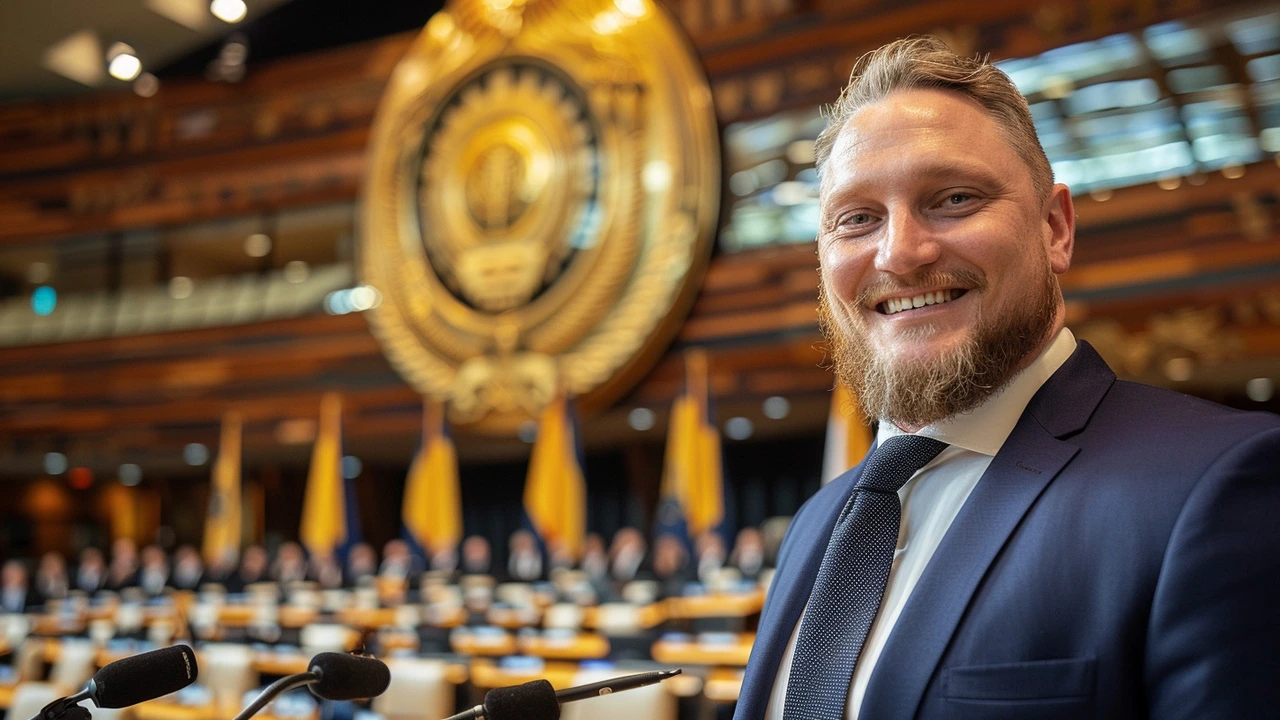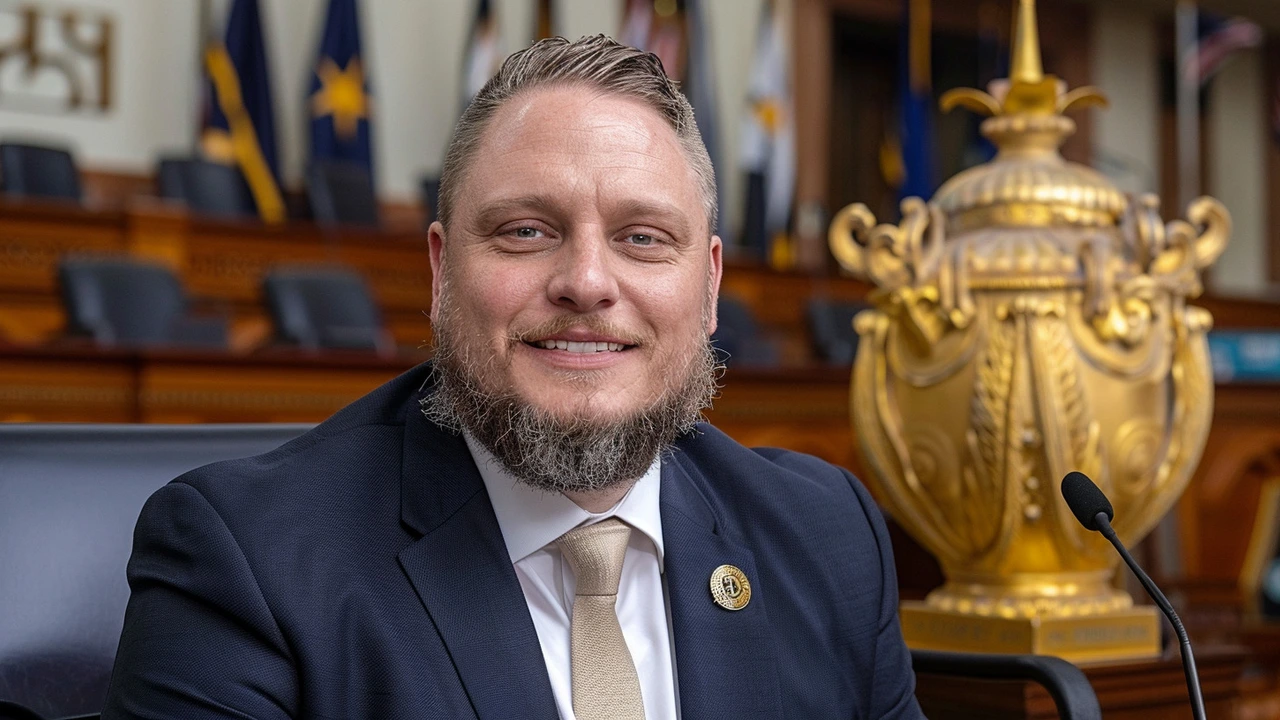South African MP Suspended for Racist Language in Controversial Videos
South African MP Suspended Amid Racist Video Scandal
In a dramatic turn of events, Renaldo Gouws, a Member of Parliament (MP) for the Democratic Alliance (DA) in South Africa, has been suspended with immediate effect following the release of several videos in which he uses deeply offensive and racist language directed at black people. This move comes as the DA confirmed the authenticity of the videos, which have sparked significant public outrage and condemnation.
The footage, which has been widely circulated on social media, shows Gouws making extremely derogatory and violent statements. In one particular video, he is heard saying, "Kill the f***ing k*****s, kill all the f***ing n*****s. That's all I've got to say, kill all the f***ing k*****s, kill all the f***ing n*****s." The use of such inflammatory language has understandably had severe repercussions for Gouws, who claims that the videos were made when he was younger and that he 'did not know better' at the time.
Immediate Suspension
In light of these revelations, the Democratic Alliance took swift action in suspending Gouws. The party stated that his behavior is entirely incompatible with the values and principles they stand for. The DA's leadership has expressed deep regret and shock over the incident. An internal investigation has been launched, and Gouws's future with the party remains uncertain as they take these allegations very seriously.
This scandal has sent shockwaves through the South African political landscape, highlighting the continuing issues of racial tension and the urgent need for leaders who embody the values of unity and equality. The Democratic Alliance, which has a significant black electorate, faces a daunting task in managing the fallout and maintaining the public's trust.
Legal Ramifications
In addition to the suspension, the South African Human Rights Commission (SAHRC) has publicly condemned Gouws's actions and announced its intention to pursue legal action against him. The Commission plans to bring the case to the Equality Court, seeking justice for the harmful impact of his words. The Commission's stance reflects a broader commitment to holding individuals accountable for actions that perpetuate hate and division within society.
SAHRC's decision to intervene is a powerful statement that no one, regardless of their position or status, is above the law. Legal experts believe that this case will set a significant precedent for how incidents of hate speech are handled in South Africa, reinforcing the nation's dedication to equality and human rights.
Public Apology and Scrutiny
In an attempt to mitigate the damage, Gouws issued a public apology, expressing regret and dismay over his past behavior. He claimed that the videos were products of a time when he was young and immature. "I did not know better," Gouws said, pleading for understanding and forgiveness from the public.
However, his apology has been met with mixed reactions. While some have accepted his contrition, others argue that his statements are unforgivable and that he must face the full consequences of his actions. Social media platforms have been ablaze with discussions about the broader implications of the incident and the responsibility of public figures to set a positive example.
This controversy also raises important questions about the criteria used to vet political candidates and the importance of addressing past behavior before granting someone a public office. Many are calling for more rigorous scrutiny and ethical standards to ensure that such incidents do not occur in the future.

A Career in Jeopardy
Renaldo Gouws was sworn in as an MP during the first sitting of Parliament in Cape Town, a milestone in his political career. Before his parliamentary tenure, he served as a ward councillor in Nelson Mandela Bay in the Eastern Cape province. His sudden fall from grace is a stark reminder of the volatile nature of political life and the ever-present need for integrity.
The outcome of the internal DA investigation, along with the proceedings in the Equality Court, will significantly influence Gouws's future in politics. His career hangs in balance as both his party colleagues and the public at large weigh in on the scandal. The repercussions could be long-lasting, not just for him personally but also for the Democratic Alliance as an organization.
As this story continues to unfold, it serves as a potent reminder of the ongoing struggle against racism and the necessity for unwavering vigilance in upholding the principles of respect and equality. This incident compels a broader conversation about the standards to which we hold our leaders and the collective efforts needed to combat hate in all its forms.
